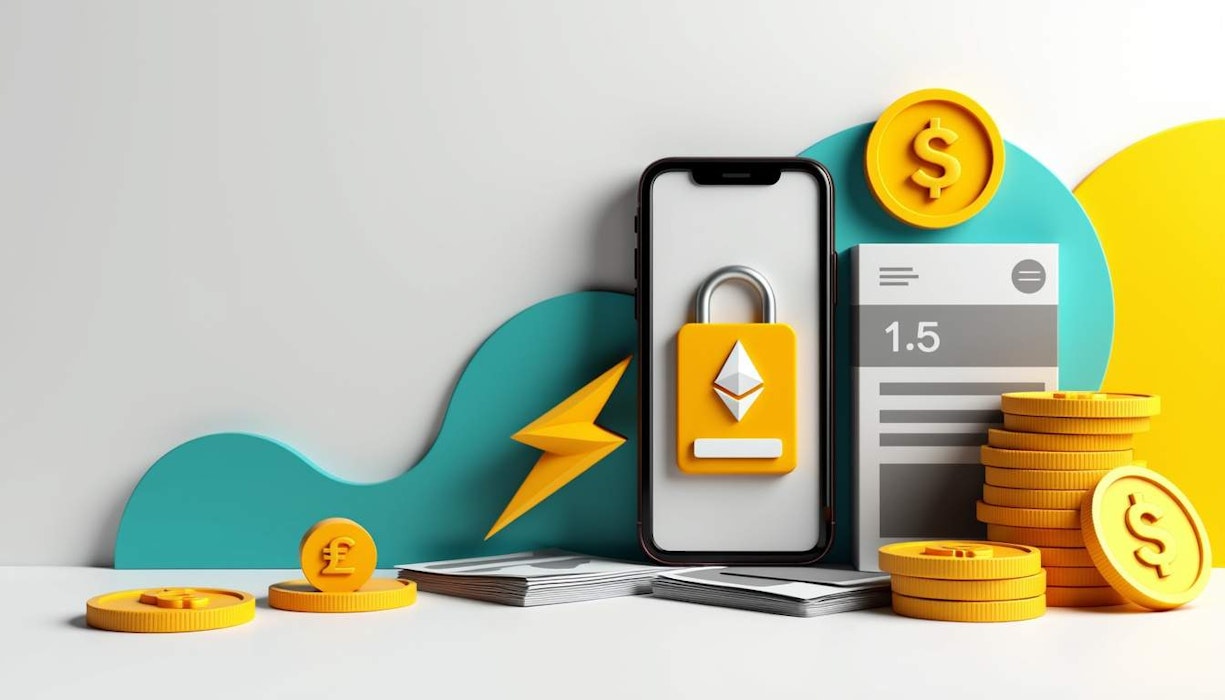As someone who's been around the crypto block a few times, I know how important it is to find reliable sources. The digital currency space can be a bit of a wild west, and if you're not careful, you can end up at some sketchy saloon. So, let's dive into how to identify official cryptocurrency websites and why they matter.
Why Official Websites Matter
First off, what do I mean by "official"? These are the websites that provide accurate information about a specific cryptocurrency. They usually have educational content, security measures in place, and community support. You want to make sure you're not on some phishing site that's trying to steal your hard-earned Bitcoin.
Key Features to Look For
When you're browsing around, here are some features that should jump out at you:
-
Educational Content: An official site will have guides, FAQs, and maybe even whitepapers. If you can't find anything like that, be suspicious.
-
Security Measures: Look for things like HTTPS in the URL and mentions of secure wallets. Coinbase is a good example of a site that emphasizes its security.
-
Community Support: There should be forums or links to social media where users discuss the coin. A ghost town is not a good sign.
-
Regular Updates: If the last blog post was from 2021 and we're in 2023, time to go.
How to Navigate Safely
Now that you know what to look for, let's talk about how to navigate safely:
Verify Before You Click
Always double-check the URL before entering any information. Phishing sites are getting better at looking legit.
Understand What You're Buying
Make sure you understand the technology behind the cryptocurrency you're considering. This knowledge will help you assess its legitimacy.
Check Use Cases
An official website should clearly outline practical applications for its cryptocurrency. If it's just "buy our coin", run away.
Choosing Wisely
With thousands of cryptocurrencies out there, how do you choose? Here are some pointers:
-
Market Stability: Look for coins with less volatility; they're usually more established.
-
Community Engagement: A lively community often indicates a healthier ecosystem.
-
Security Practices: Make sure there's no funny business going on with how they handle your data.
Storing Your Assets Securely
So you've picked a coin—now what? It's time to talk about storage:
Wallet Types
Hot wallets are fine for day-to-day transactions but consider cold storage for long-term holding.
Two-Factor Authentication (2FA)
If your wallet service offers it (and most do), use it! It adds an extra layer of security.
Keep Your Private Keys Private
This one should go without saying but never share your private keys with anyone.
Summary
Navigating the world of cryptocurrencies doesn't have to be daunting. By knowing what features to look for in official websites and understanding basic security practices, you can make informed decisions and safeguard your investments effectively. Always prioritize verifying authenticity before diving into any digital currency trading platform.
